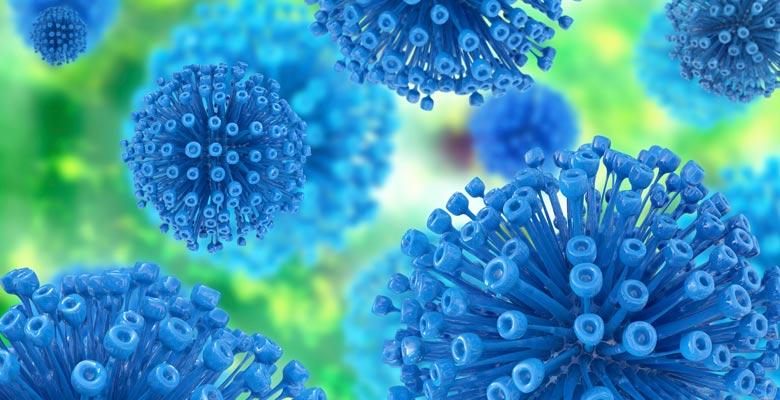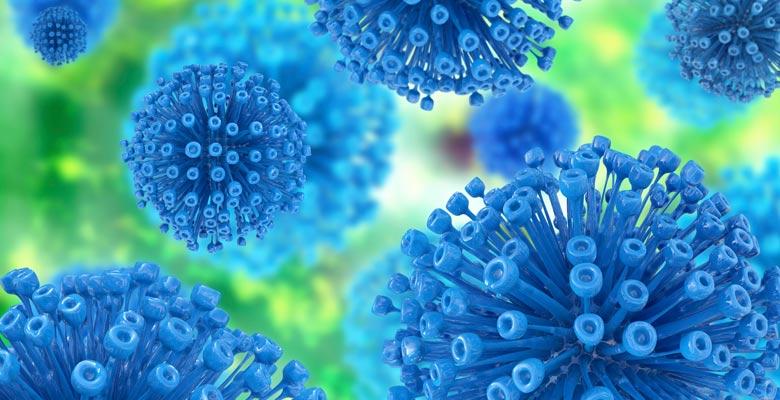Six members of Donald Trump’s HIV/AIDS council quit over claims the president ‘doesn’t care’
By Joshua Haigh

Six members of Donald Trump’s HIV/AIDS council have quit.
The advisory council is responsible for providing recommendations and information to the president, as well as overseeing the administrations strategy for bringing down infection rates in the US.
However, over the weekend, six standing members of the council resigned from their posts, claiming that they can no longer work with a “president who doesn’t care”.
When Trump took office, the council’s website was taken down and has yet to be put back up, and the president has yet to name a head to the White House Office of National Aids Policy, which was formed under Obama.
In a statement through Newsweek magazine, Scott Schoettes, a lawyer from Lambda Legal, said: “We have dedicated our lives to combating this disease and no longer feel we can do so effectively within the confines of an advisory body to a president who simply does not care.”

He continued: “The Trump Administration has no strategy to address the on-going HIV/AIDS epidemic, seeks zero input from experts to formulate HIV policy, and—most concerning—pushes legislation that will harm people living with HIV and halt or reverse important gains made in the fight against this disease.”
“More important, President Trump has not appointed anyone to lead the White House Office of National AIDS Policy, a post that held a seat on the Domestic Policy Council under President Obama”, Schoettes continued.
“This means no one is tasked with regularly bringing salient issues regarding this ongoing public health crisis to the attention of the President and his closest advisers. We know who the biggest losers will be if states are given the option of eliminating essential health benefits or allowing insurers to charge people with HIV substantially more than others.
“It will be people—many of them people of colour—across the South and in rural and underserved areas across the country, the regions and communities now at the epicenter of the U.S. HIV/AIDS epidemic. It will be young gay and bisexual men; it will be women of colour; it will be transgender women; it will be low-income people,” he added.
